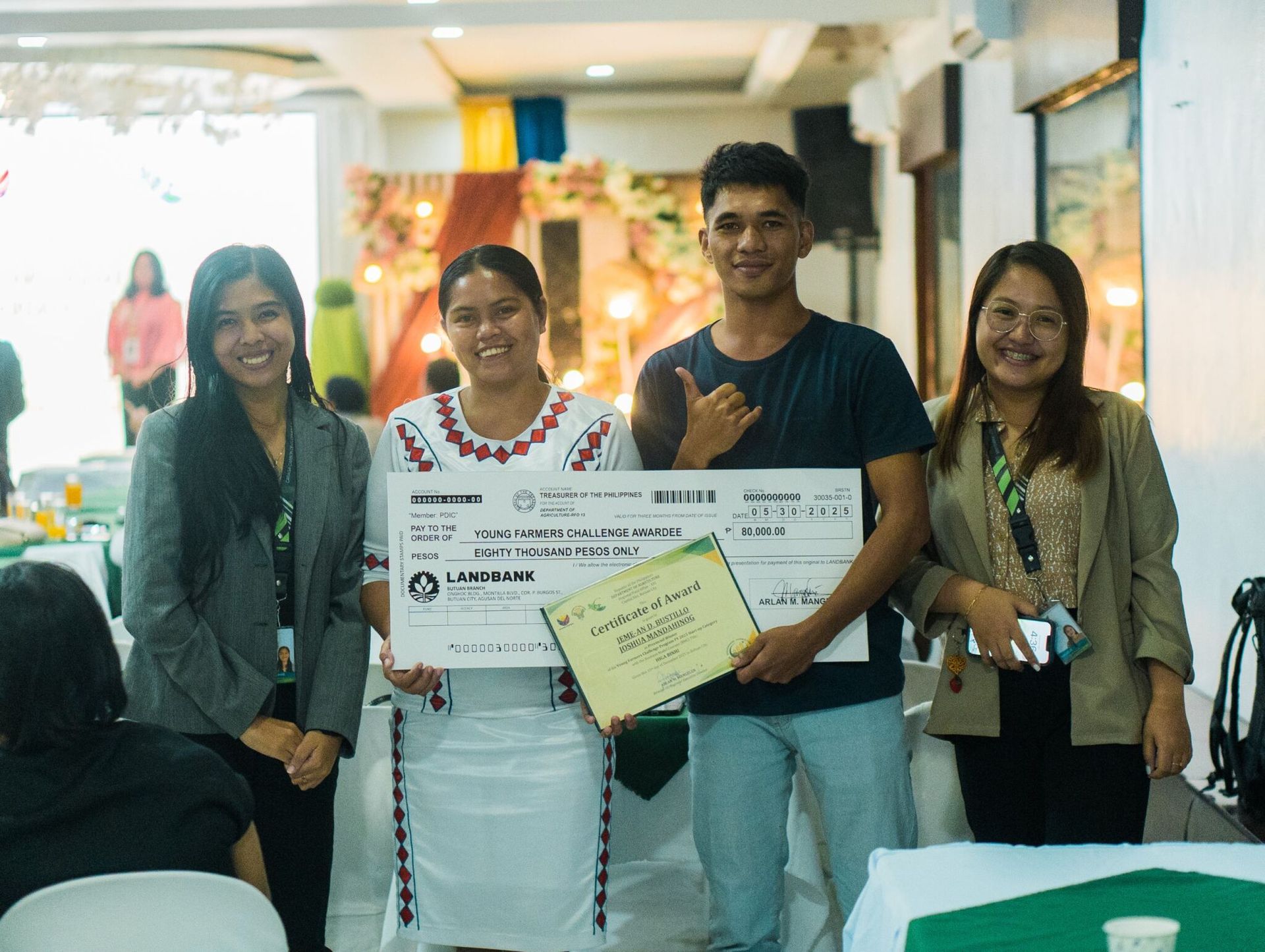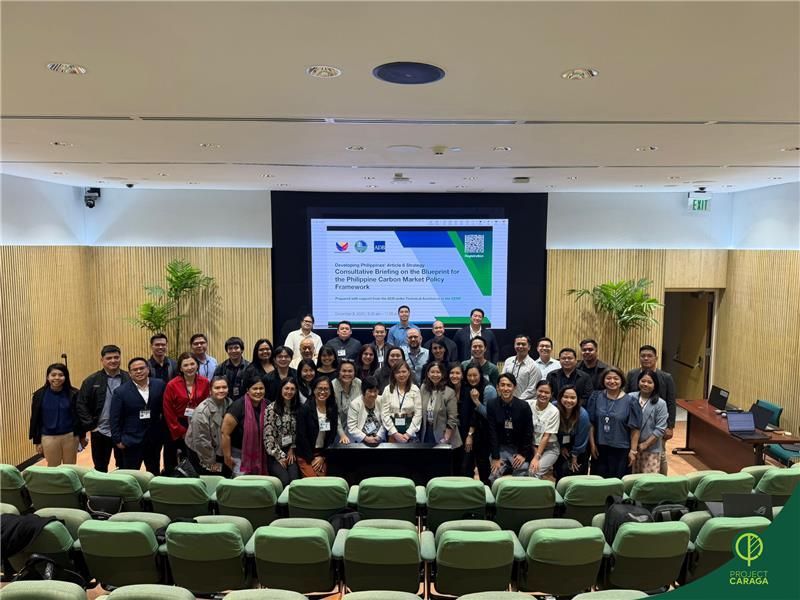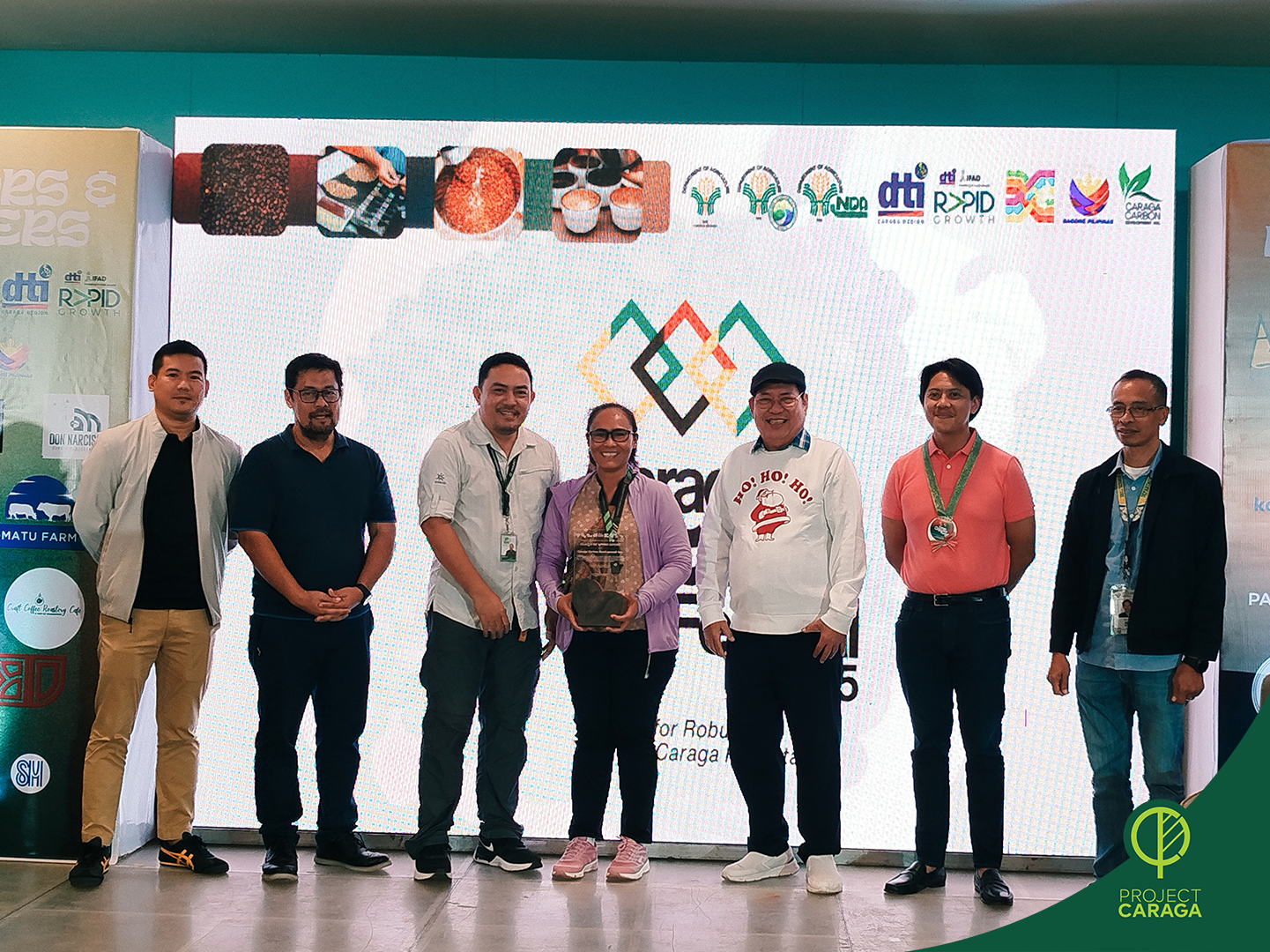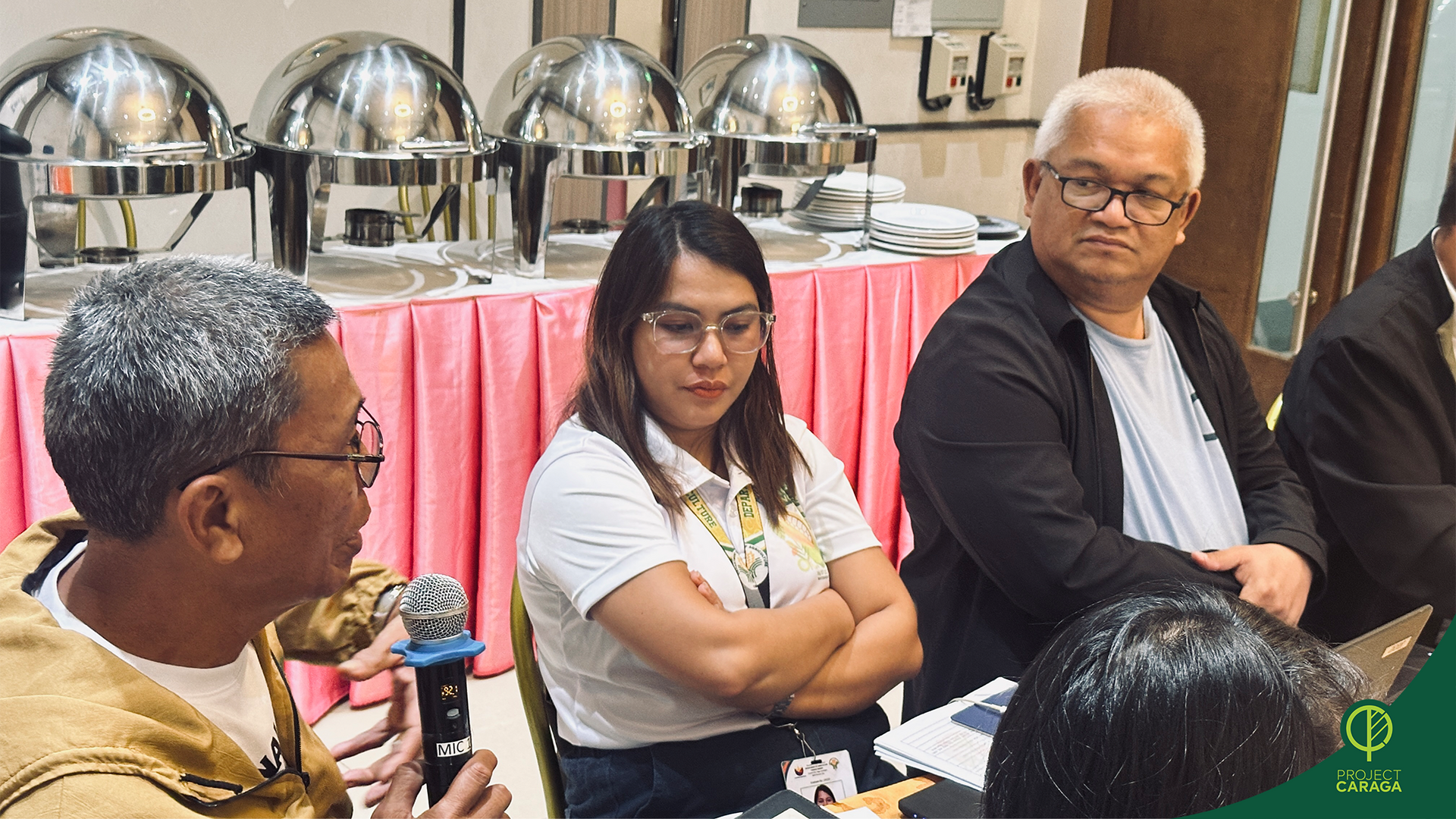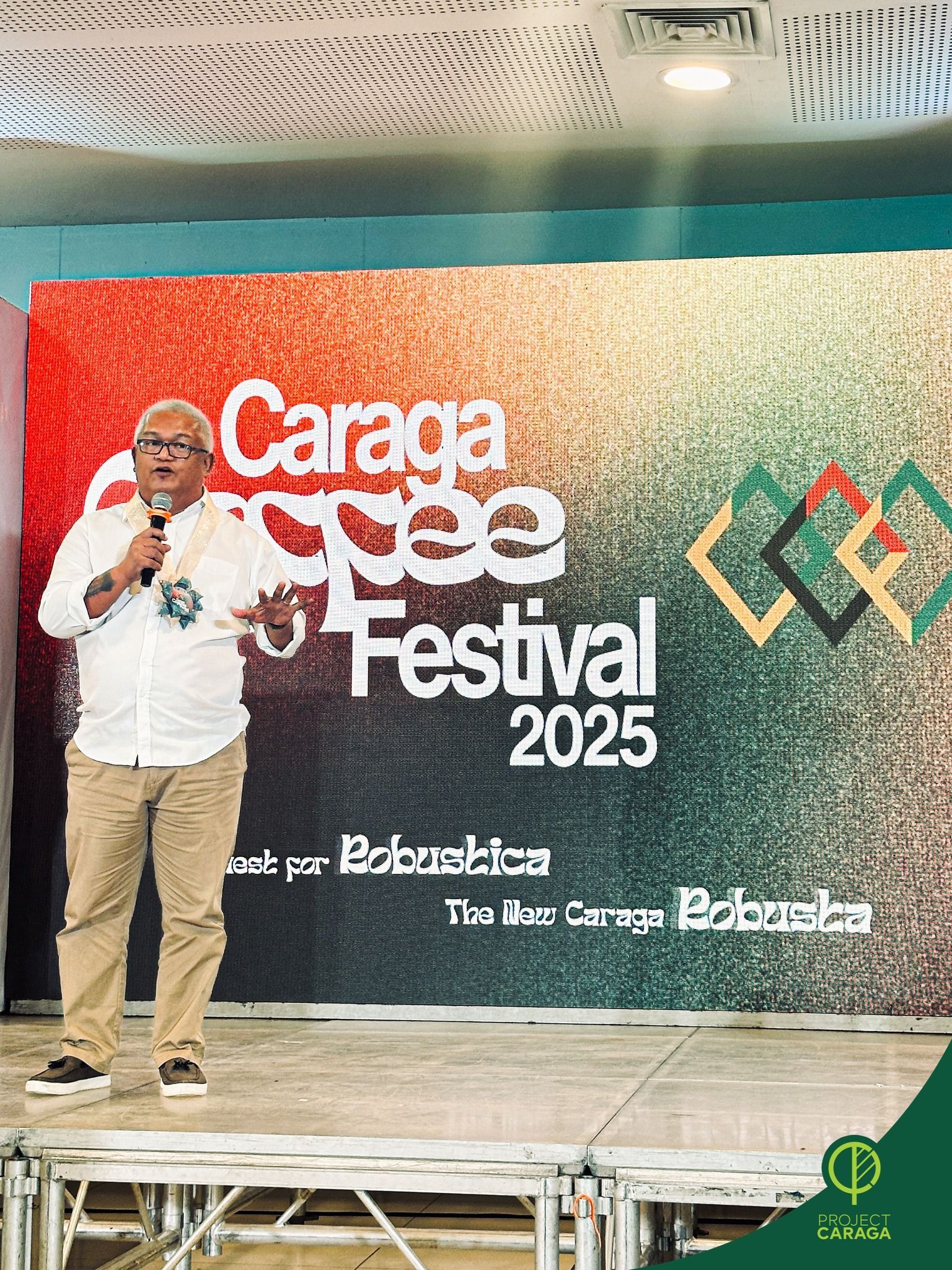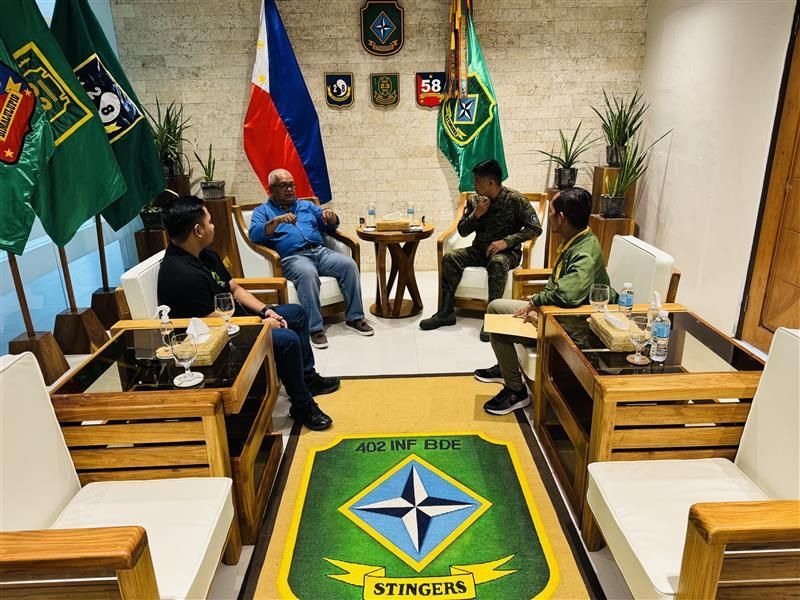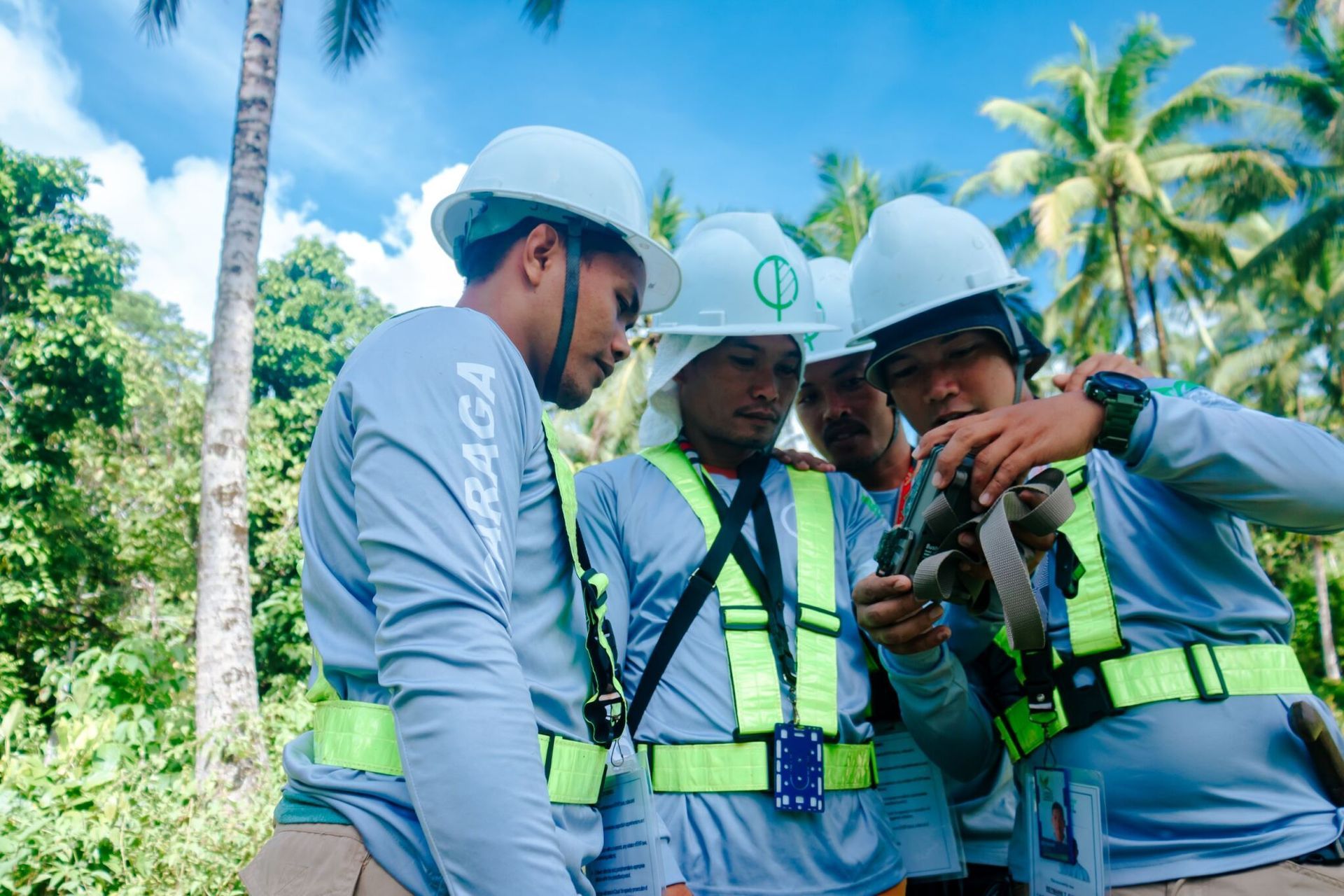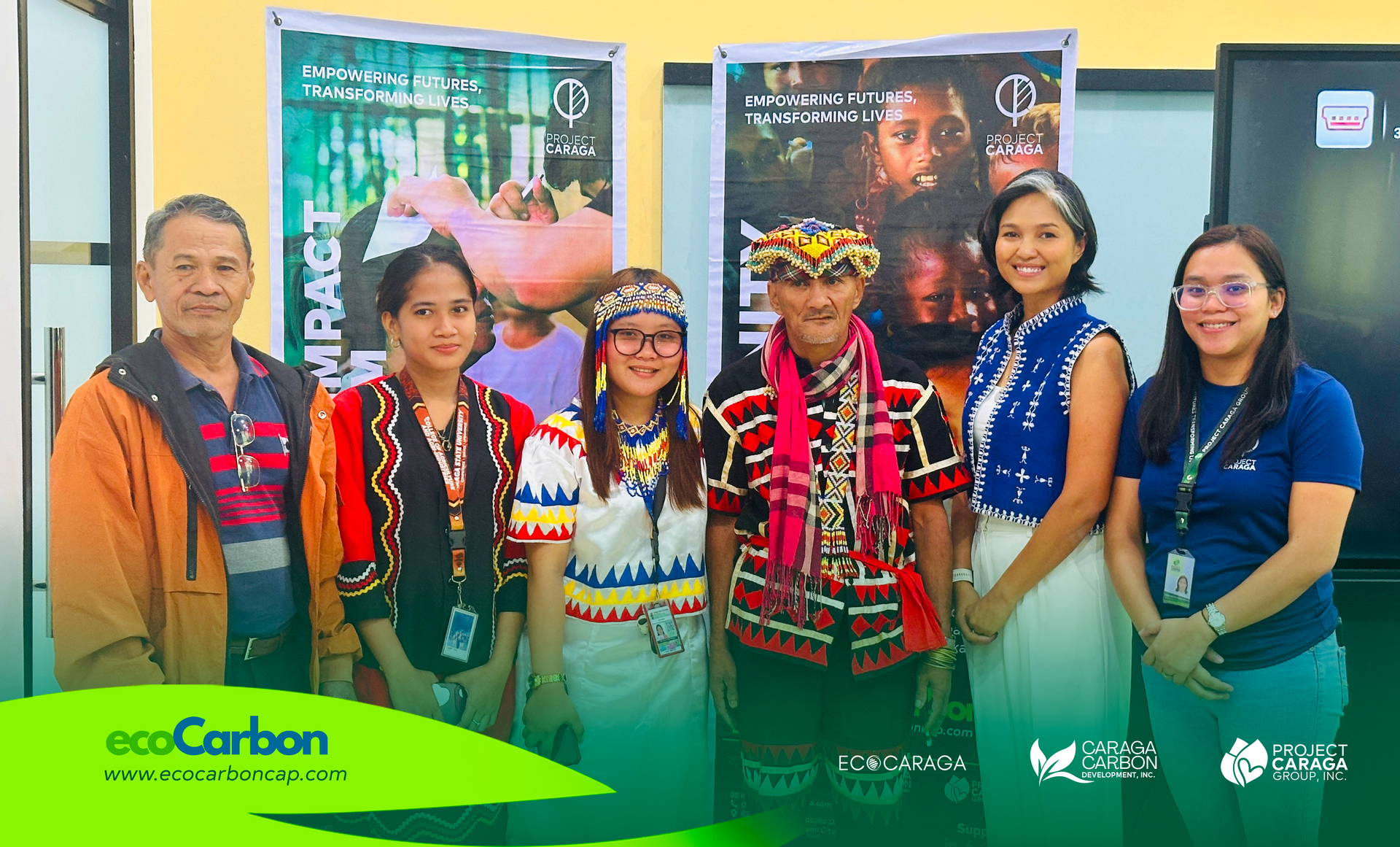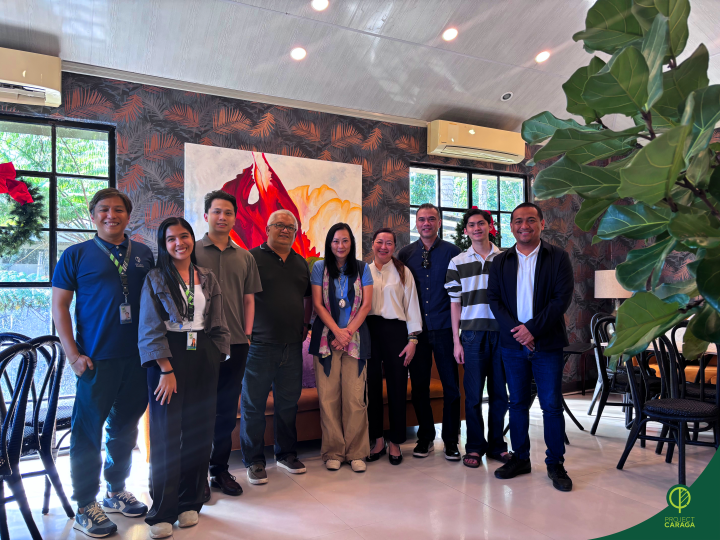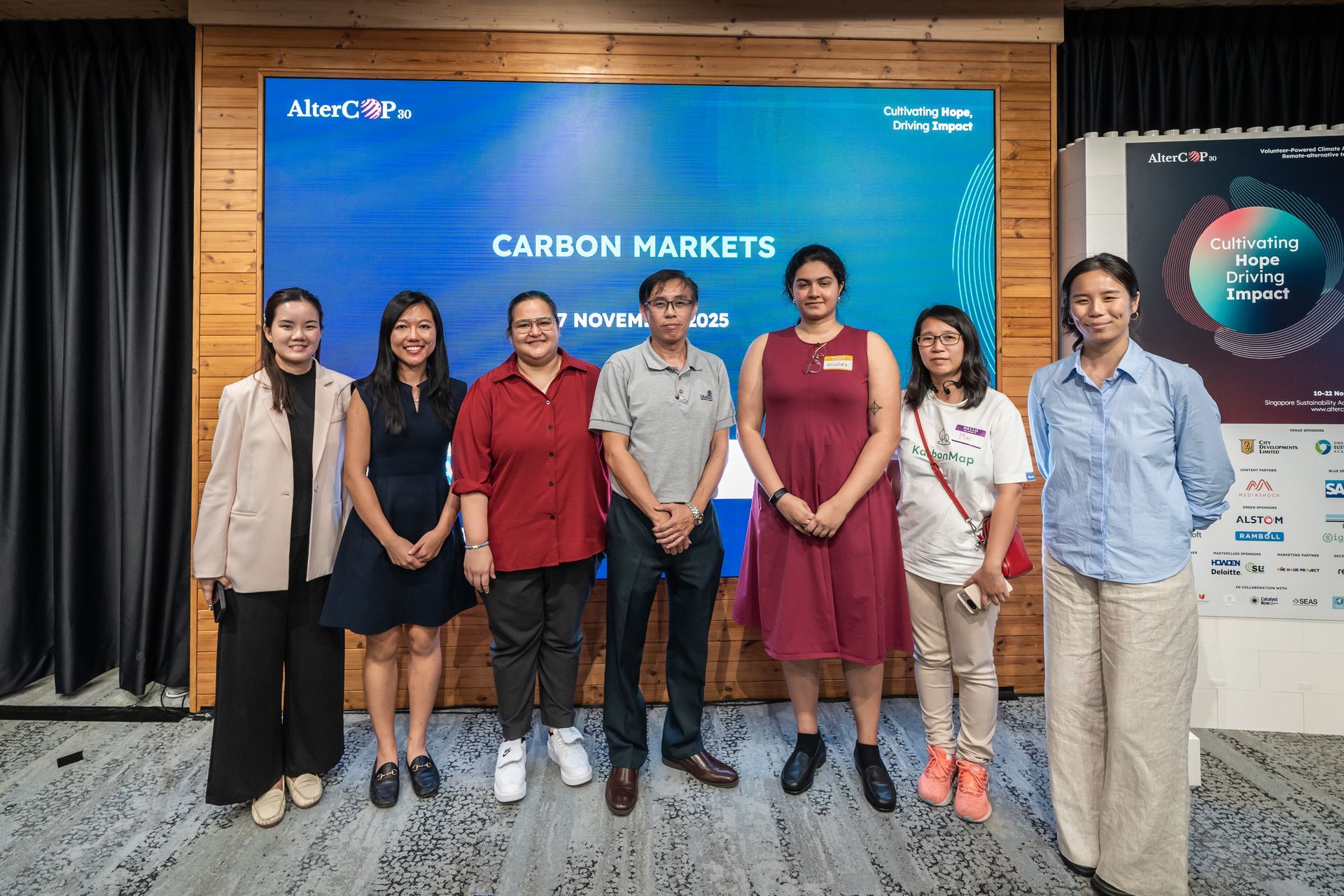From Carbon to Communities: Project Caraga’s Path to Climate Justice
By Rowil “Buboy” Aguillon, CMO, CCDI
For generations, Indigenous Peoples in the Philippines have safeguarded forests and watersheds. In Caraga, the communities of Manobo, Mamanwa, Higaonon and Banwaons have protected the upland forests and rivers of the Agusan and Surigao provinces. These landscapes have sustained their communities and the global climate, yet their vital role continues to be neglected. Too often their interests have been put aside in favor of national priorities and global markets, leaving them marginalized and impoverished.
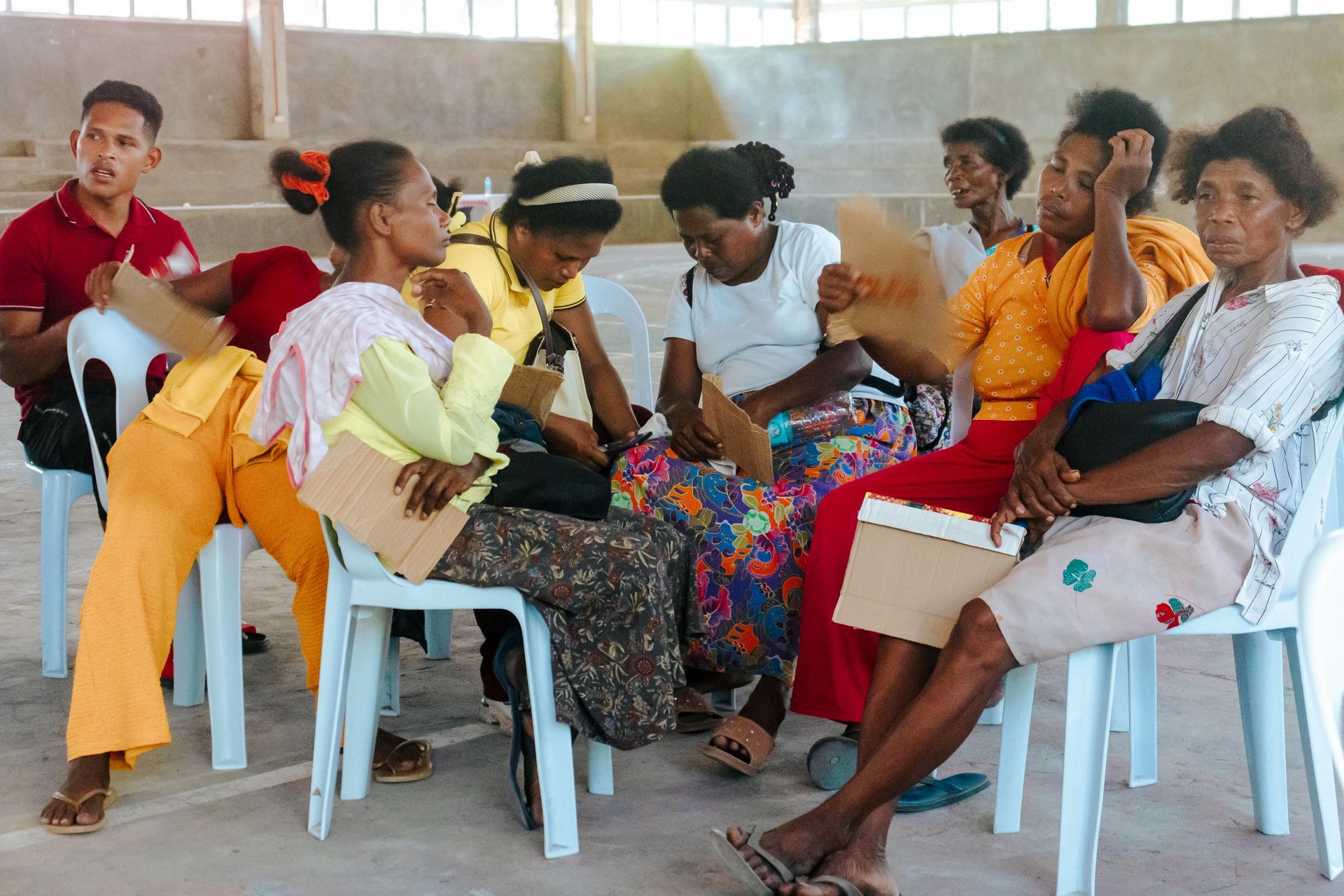
Project Caraga seeks to change this narrative. While fully committed to international standards and methodologies that ensure high-integrity carbon credits, Project Caraga goes further—placing communities, not just carbon, at the center of its approach. Working directly with Certificate of Ancestral Domain Title (CADT) holders through their Indigenous Political Structures, the project helps define parameters that reflect both global benchmarks and local aspirations for dignity, rights, and development.
The project team has supported CADTs in strengthening their Ancestral Domain Sustainable Development and Protection Plans (ADSDPPs). Together, they mapped out areas for protection and conservation, and defined policies and actions to prevent further deforestation. These activities have culminated in the IPs declaration of the Exercise of their Priority Rights, making them not just beneficiaries or participants but as true owners of the nature-based solutions project.
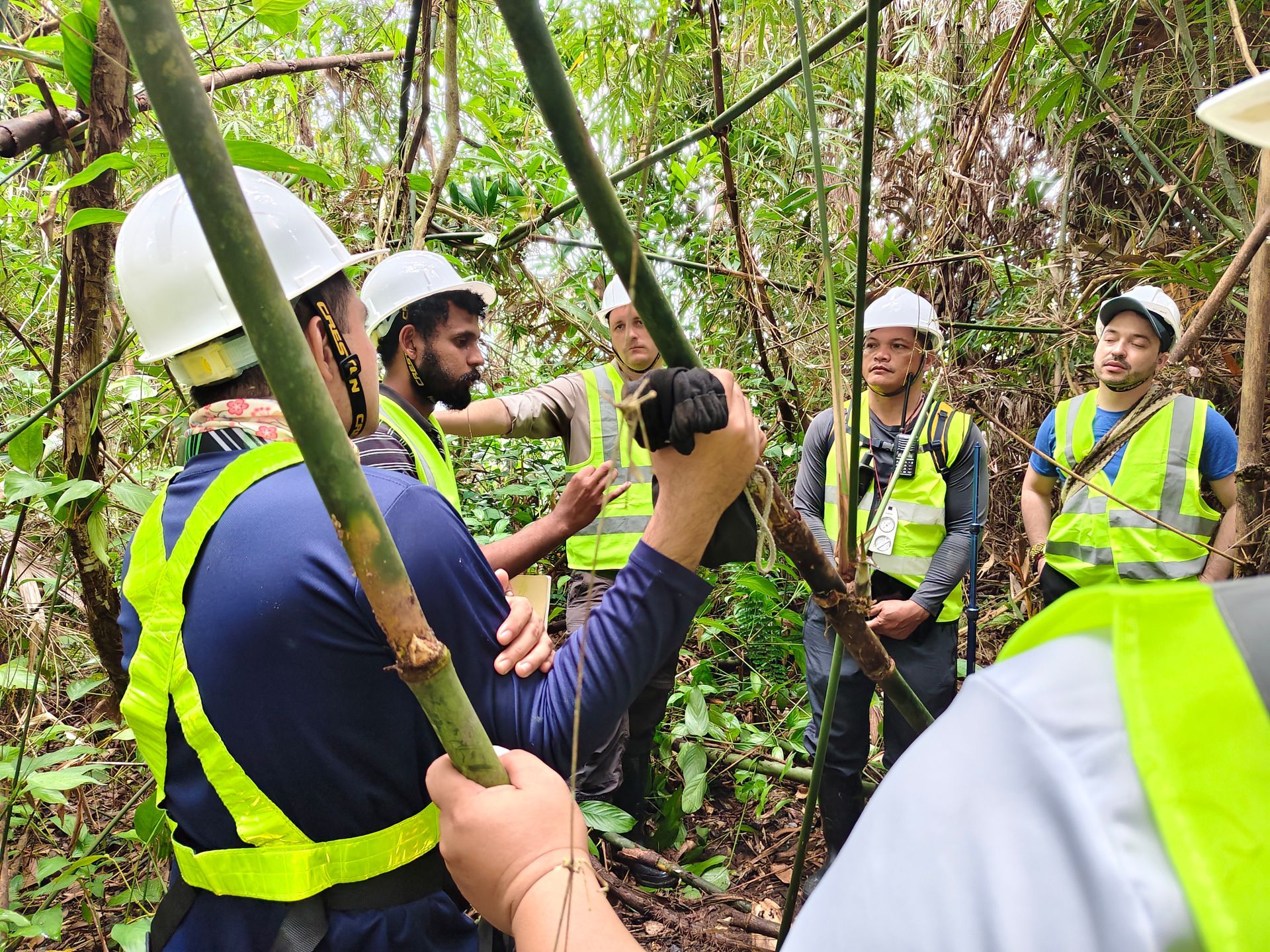
Project Caraga has also partnered with the CADTs to carry out agro-ecological assessments, helping communities identify sustainable alternatives for agriculture and livelihood. For example, IP farmers are now planning to promote agro-forestry, combining high value crops like coffee, cacao and abaca, while also sustaining the production of food crops like upland rice, sweet potato and taro. The assessment results are fed into the Operations Planning process, turning ADSDPPs from “wish lists” into living documents now guiding concrete action in ancestral domains. The emphasis on these assessments and planning processes stem from the conviction that forests can only be sustainable if the CADT holders have viable sources of livelihood that will reduce their dependence on forest products.
At its core, Project Caraga shows that carbon markets can move from carbon to communities—transforming climate action into an instrument of justice, equity, and inclusion for the very people who have kept our forests standing. The sustainability of climate action rests not only on compliance to international standards, but also on the enduring commitments of indigenous people’s communities to continue protecting their ancestral domains.
